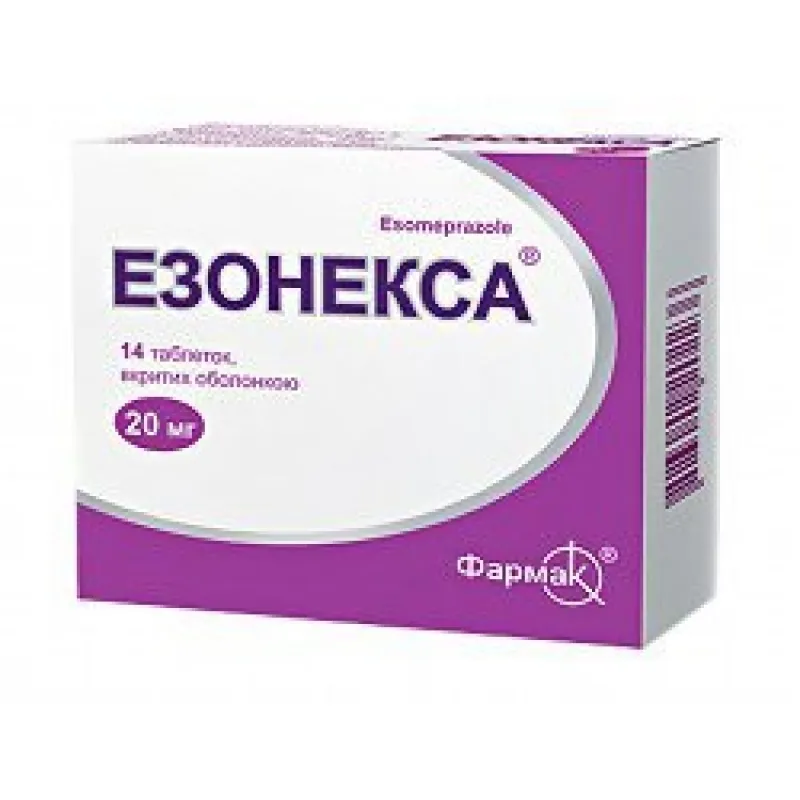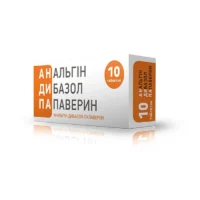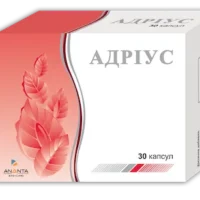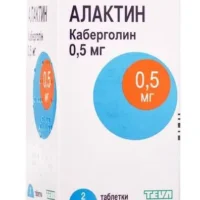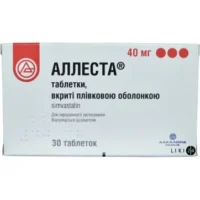Description
Ezonexa (Esomeprazole) Tablets 20 mg. №14
Composition
Each tablet contains 20 mg of esomeprazole.
Mechanism of Action
Esomeprazole, a proton pump inhibitor (PPI), reduces stomach acid production by inhibiting the hydrogen-potassium adenosine triphosphatase enzyme system in the gastric parietal cells.
Pharmacological Properties
Esomeprazole exhibits high specificity and irreversible binding to the proton pump, resulting in a prolonged duration of action compared to other PPIs.
Indications for Use
Ezonexa tablets are indicated for the treatment of gastroesophageal reflux disease (GERD), duodenal ulcers, and gastric ulcers.
Contraindications
Avoid Ezonexa if you have a known allergy to esomeprazole or any tablet components. Consult a healthcare provider before use during pregnancy, lactation, or in the presence of liver disease.
Side Effects
Common side effects may include headache, nausea, abdominal pain, and diarrhea. Rare but severe adverse reactions such as severe skin reactions or liver problems may occur.
Usage Instructions
The recommended dosage is one tablet daily, taken whole with water, preferably before a meal. Adhere strictly to the prescribed regimen without exceeding the dose.
Benefits Compared to Analogues
Ezonexa, with esomeprazole as its active ingredient, offers superior and sustained acid suppression compared to other PPIs, leading to improved symptom relief and healing rates in acid-related disorders.
Suitable Patient Groups
Ezonexa is suitable for adult patients, including the elderly, for the management of acid-related gastrointestinal conditions. Use in children should be under the guidance of a healthcare provider.
Storage and Shelf Life
Store Ezonexa tablets in a cool, dry place away from direct sunlight. Maintain the original packaging to protect from moisture. Check the expiry date and do not use expired tablets.
Packaging Description
Ezonexa tablets are packed in blister packs of 14 tablets each, ensuring convenient and accurate dosing for the prescribed duration of treatment.
Clinical Evidence and Proven Effectiveness
Clinical studies have demonstrated the efficacy of esomeprazole in managing GERD, duodenal ulcers, and gastric ulcers. Esomeprazole has shown superior healing rates and symptom relief compared to other PPIs.

